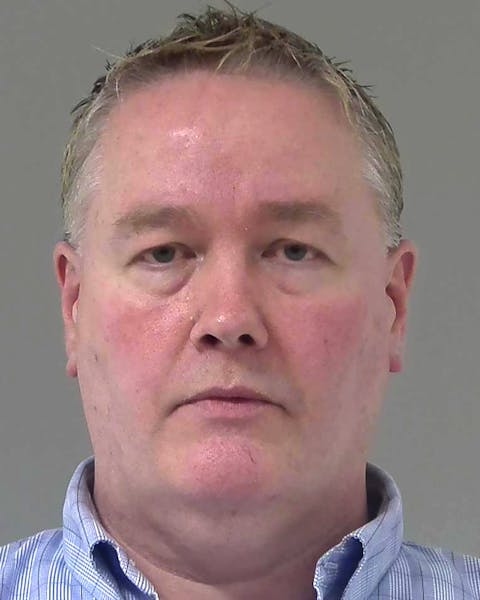An independent audit of the Shakopee school district has identified a breakdown of procedures monitoring credit card transactions during the 2016-17 fiscal year — a period in which former Superintendent Rod Thompson is accused of misusing public funds.
BerganKDV, the firm that conducted the audit of Independent School District 720, noted that accounting duties at the district's offices were not properly segregated. That means that accounting safeguards meant to ensure accurate reporting were not always followed, said Matt Mayer, a certified public accountant. But he also noted that failing to separate accounting duties is common among districts with smaller support staffs.
The audit found that proper documentation was not always provided before payment, yet the transactions were still approved. In some cases, it was unclear whether the charges had a schools-related purpose.
"The system that you had in place was appropriate," Mayer explained during Monday night's school board meeting. "There were individuals who were not executing within their roles that ultimately resulted in the transactions that occurred." He wondered aloud whether school district employees felt free to request documentation from superiors.
Individual purchase cards, or P-cards, were not routinely audited before Thompson resigned amid allegations of misconduct in June. He was charged Nov. 14 in Scott County District Court with 19 felony counts of theft by swindle and embezzlement. Since the audit, the district has modified its system of "checks and balances" on expenditures. A citizen financial advisory committee was created to oversee its finances.
Between July 2016 and June 2017 the district's fund balance dropped from $2.5 million to $1.1 million. The number was significantly lower than its revised 2016-17 budget had projected. Even after learning of a $4.5 million shortfall attributed to "human error," district officials had planned to end the year with $1.8 million in the bank.
The district had $92.3 million in revenue last year and spent $97.2 million. The audit attributed a significant chunk of the shortfall to an increase in employee benefits, primarily from an unexpected rise in health care costs.
"We've made decisions based on information that hasn't panned out," said Board Chairman Scott Swanson. "Quite frankly, it's no fun shooting in the dark."
District policy states that the unassigned fund balance should hover between 8 percent and 12 percent of the district's annual spending. By June 30, the balance had dwindled to 0.7 percent.
Board member Shawn Hallett expressed frustration: "Whenever a request was brought to us for more staff or more programming ... we were always told it would fit within our budget."
The district now faces the difficult task of rebuilding its general fund. Jon McBroom, acting superintendent, cautioned board members that they face some tough decisions.
"I cannot, in good faith, tell you that you're going to be able to grow the fund balance [by next year]," McBroom said. We have to be careful going forward."
Liz Sawyer • 612-673-4648

Minnesota TikTokers react to app's ban in the U.S.
Minnesota state senator's burglary arrest puts private family drama in the election year spotlight
Minneapolis pushes to recruit more employers for youth internship program

Study: Minnesota's sex offender system is 'failed investment'

